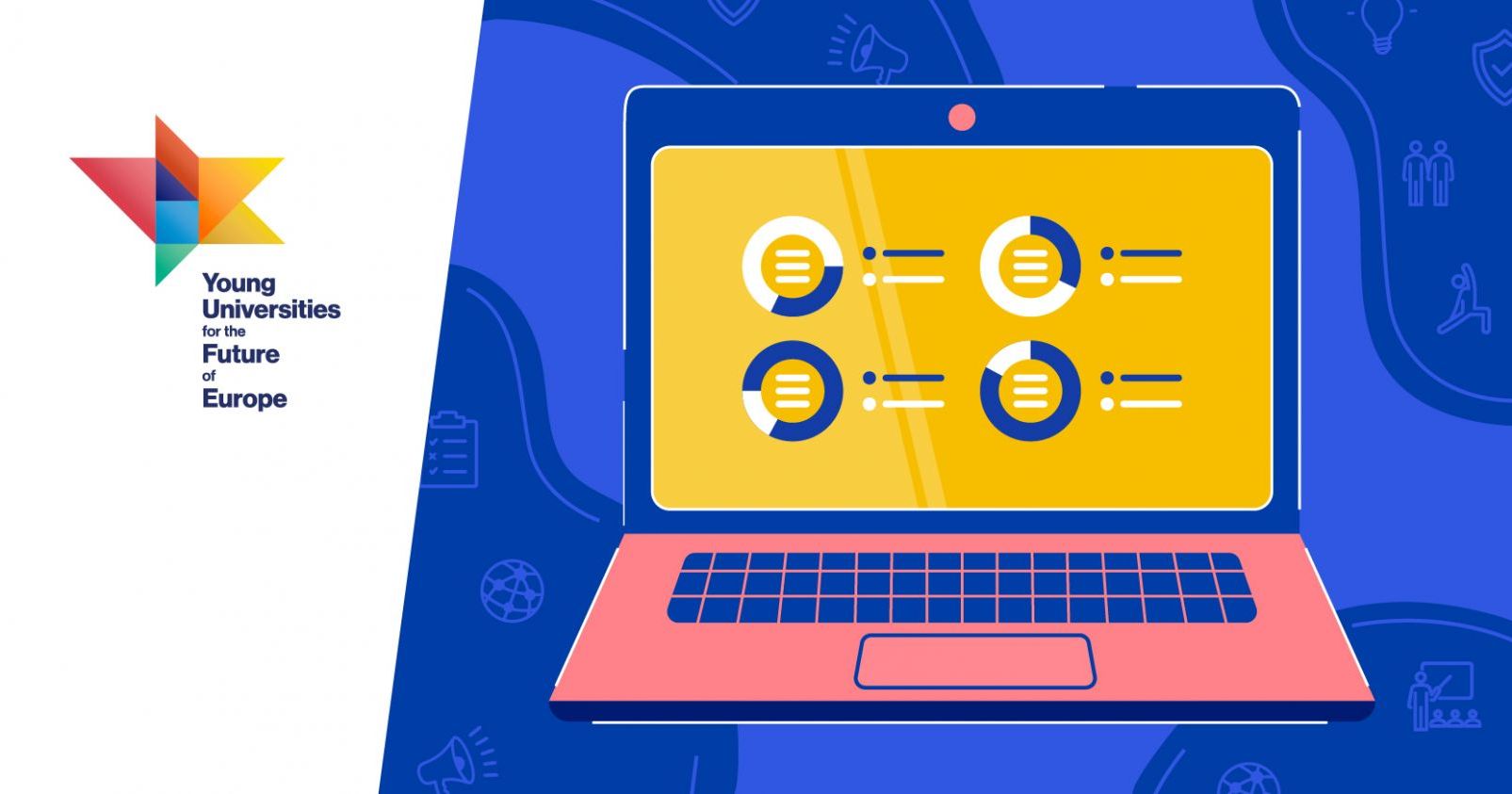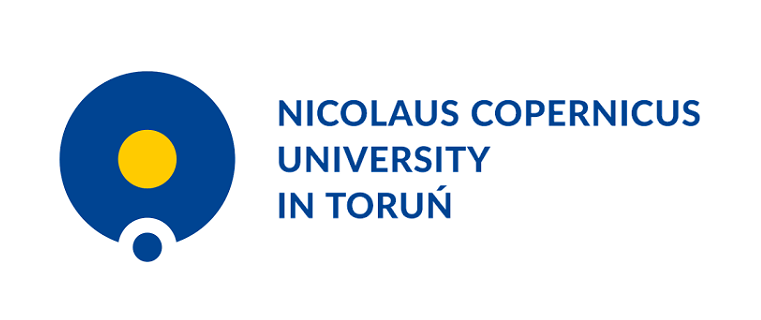 Campus life
Campus life
Seize your chance with YUFE
- Taking part in courses offered by YUFE is an ideal opportunity to get out of your comfort zone and get to know the perspective of other people who often have different experiences and beliefs from our own," says Alicja Bućko, a student of management at the Nicolaus Copernicus University, a participant in the pilot edition of the YUFE Introduction Offer.
The Young Universities for the Future of Europe alliance has summarised the results of the evaluation survey of the YUFE Introduction Offer - one of the alliance's first educational initiatives.
The offer enabled students of 10 universities associated in YUFE to diversify their study programme by participating in courses organised remotely by partner universities. There were as many as 85 courses to choose from.
A total of 115 respondents responded to the survey - as many as 90% found their first experience of YUFE satisfactory, and 68% declared an interest in participating in future editions. A similar percentage of respondents (70%) found the proposed theme of "European Identity and Responsibilities in a Global World" interesting.

Alicja Bućko, a student of management at the Nicolaus Copernicus University (majoring in Event Management and PR, second year of the second cycle studies), also has positive memories of the Introduction Offer: - I read about the programme on our university's website and it immediately seemed like a very interesting opportunity to me - she says. - Taking part in long-term educational programmes abroad had always been impossible for me due to other commitments and work. I thought that this was an ideal opportunity to broaden my experience and increase my qualifications. Above all, I hoped to learn a new perspective and to work with students from different countries and cultures. In addition, the very broad offer of the YUFE programme allowed me to find courses that coincided with my interests and professional plans".
The NCU student chose the Sports Law course at the University of Rijeka and Sustainability Marketing at the University of Bremen. - Both were very different from each other - Alicja notes. - The first one was very practical. Classes were held in the form of synchronous lectures, and students often actively participated in discussions. Some classes were taught by international experts, which was particularly attractive. In addition, working in groups, we had the opportunity to propose legal regulations for the work of sports managers ourselves. It was a difficult but extremely interesting task which allowed us to learn about different perspectives: those of managers, players, clubs and sports associations. The Sustainability Marketing course, on the other hand, took place in an asynchronous mode and consisted of pre-recorded materials. This was a great facilitation, as we were able to schedule our own pace of learning and choose the time we wanted to read the materials".
The participants of the YUFE Introduction Offer also evaluated the remote formula of the programme (forced by the pandemic) and the benefits and difficulties arising from it. Among the advantages of virtual mobility, they emphasised above all the possibility of integrating an international component into their study programme without leaving home (71%), as well as the opportunity to attend classes at more than one foreign university (65%). They also noted, among other things, the lower costs of virtual mobility compared to physical mobility.

The downsides? These are mainly fewer opportunities to use and learn the local language (42%) and limited contacts and interaction with representatives of other countries and cultures (32%).
And what are Alicja Bućko's impressions? - I evaluated the partner universities very well, contact with their representatives was always pleasant and helpful," she recalls. - I really appreciate the practical and unconventional approach to classes at the University of Rijeka. The lectures given by practitioners from different countries were very interesting and extremely valuable. In addition, because of the foreign students from different universities, the lectures were recorded, which made it possible for everyone to participate in the classes, regardless of occasional conflicts in schedules. The course format I chose at the University of Bremen was convenient, but I definitely missed the contact with other students and the opportunity to have discussions with the lecturers. I also found the technical issues a bit complicated. The university uses several educational platforms, which can be confusing for international students. From this perspective, I think that the Nicolaus Copernicus University should pay special attention to providing technical support to foreign students and offer them assistance while they are being introduced to platforms that are new to them".
YUFE, i.e. Young Universities for the Future of Europe, is one of 41 alliences selected by the European Commission to build and test the European University model - open, non-elitist and integrating various environments, as well as promoting innovation, interdisciplinarity and the highest quality in research and education. YUFE is made up of ten dynamic, young, student-centred research universities (with a total of over 190,000 students and over 32,000 staff) and four non-academic partners working in higher education, the labour market and entrepreneurship. YUFE members work together to promote their educational programmes, develop mechanisms to facilitate student and staff mobility, and create a model of higher education that is borderless yet well embedded in the local context, responsive to changes in society and the labour market. YUFE aims to reinforce the idea of lifelong learning, emphasising the values of multiculturalism, multilingualism and European integration. The pilot edition of the project will run until December 2022. www.yufe.eu
 NCU News
NCU News






